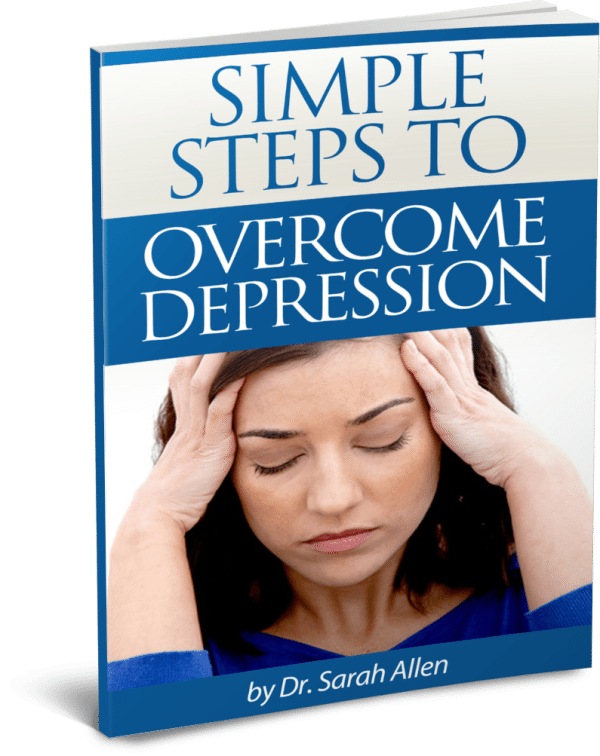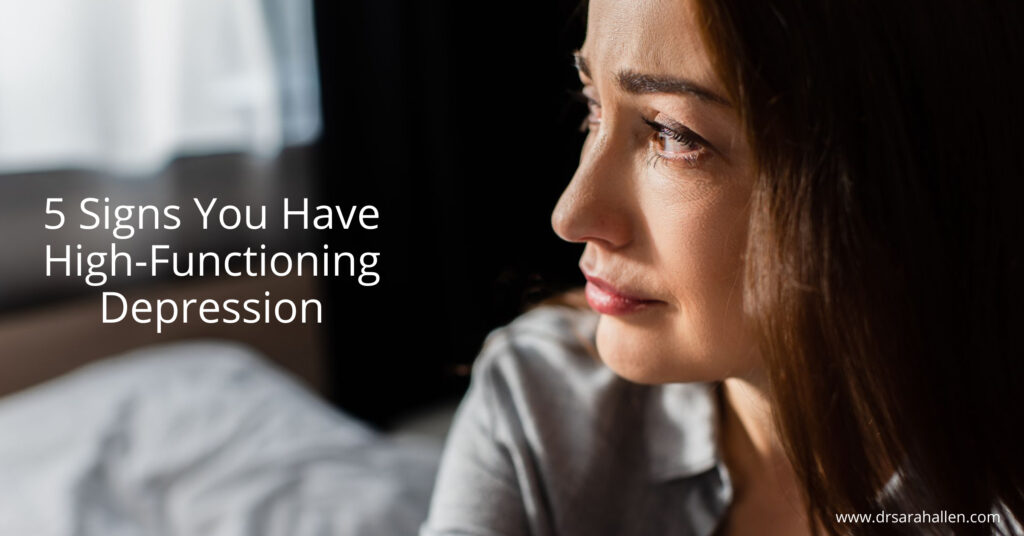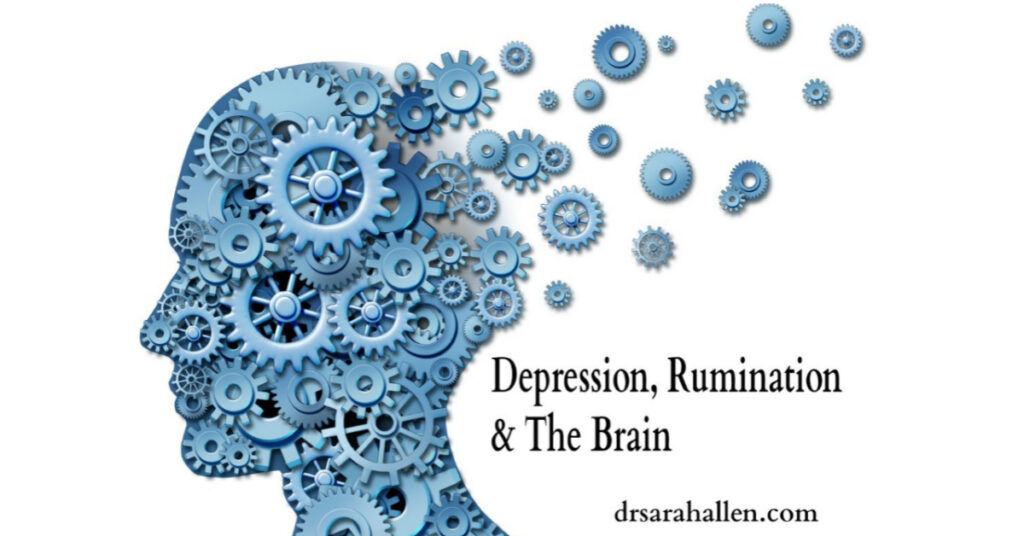
Yes and my blog below explains about the different types! It is important to know what type of depression you have so therapy is geared to the correct treatment.
Dysthymic Disorder or Dysthymia
This is when symptoms are mild to moderate and they have been around for two or more years. These chronic symptoms that may not be severe enough to disable a person but it makes it very difficult to live life to the fullest or even remember better times. You may not enjoy being with other people or get excited for an upcoming event that people usually find enjoyable. If you suffer from dysthymia, you may feel like you’ve always been depressed. Or perhaps you think that your continuous low mood is “just the way you are.” People with dysthymia are also at risk for experiencing one or more episodes of major depression during their lifetimes. However, dysthymia can be treated, even if your symptoms have gone unrecognized or untreated for years.
Minor Depression
This is similar to the way people feel when they have dysthymia but for a shorter time. People can have some depression symptoms for 2 weeks or longer but not meet full criteria for major depression. Without treatment, people with minor depression are at high risk for developing major depressive disorder so it is important to reach out for help sooner rather than later.
Major depressive disorder
This can also be called major depression, and it is when the depression symptoms mentioned earlier are severe enough to interfere with a person’s ability to work, sleep, study, eat, and enjoy once-pleasurable activities. Major depression is disabling and prevents a person from functioning normally. Some people may experience only a single episode within their lifetime, but more often a person may have multiple episodes.
Some forms of depression are slightly different, or they may develop under unique circumstances. They include:
Psychotic depression, which occurs when a person has severe depression plus some form of psychosis, such as having irrational and disturbing false beliefs or a break with reality (delusions), or perhaps hearing or seeing upsetting things that others cannot hear or see (hallucinations).
Postpartum depression, which is much more serious than the “baby blues” that many women experience after giving birth, when hormonal and physical changes and the new responsibility of caring for a newborn can be overwhelming. It is estimated that 10 to 15 percent of women experience postpartum depression after giving birth. See …..for more details of pregnancy and postpartum mood disorders.
Seasonal affective disorder (SAD), happens when people only get depression during the winter months, when there is less natural sunlight. The depression symptoms generally lift during spring and summer. SAD may be effectively treated with light therapy, but nearly half of those with SAD do not get better with light therapy alone but psychotherapy can reduce SAD symptoms, either alone or in combination with light therapy and in some cases medication.
Bipolar disorder, also called manic-depressive illness, is not as common as major depression or dysthymia. It is characterized by cycling mood changes—from extreme highs (e.g., mania) to extreme lows (e.g., depression). Mania which can include impulsive behavior, hyperactivity, rapid speech, and little to no sleep switches to depression, usually the symptoms of major depression. Typically, the switch from one mood extreme to the other is gradual, with each manic or depressive episode lasting for at least several weeks. However, although it can look similar to major depression, the treatments for bipolar depression are very different. In fact, antidepressants can make bipolar depression worse.
Any type of depression can make you feel helpless, hopeless, empty and numb. It might seem that you have been feeling this way forever and there’s no hope of feeling better but there’s a lot you can do to take back control and change how you feel. With help and support, you can overcome depression and get your life back.

If you have any questions, or if you would like to work with me and learn more about how to manage depression, please phone me at 847 791-7722 or on the form below.
If you would like to read more about me and my areas of specialty, please visit Dr. Sarah Allen Bio. Dr. Allen’s professional license only allows her to work with clients who live in IL & FL & the UK and unfortunately does not allow her to give personalized advice via email to people who are not her clients.
Dr. Allen sees clients in person in her Northbrook, IL office or remotely via video or phone.

What Can I Read That Helps Me While I Am Waiting For My First Appointment With Sarah?
Download this free report to gain valuable insights and practical strategies for managing depression and reclaiming your peace of mind.











